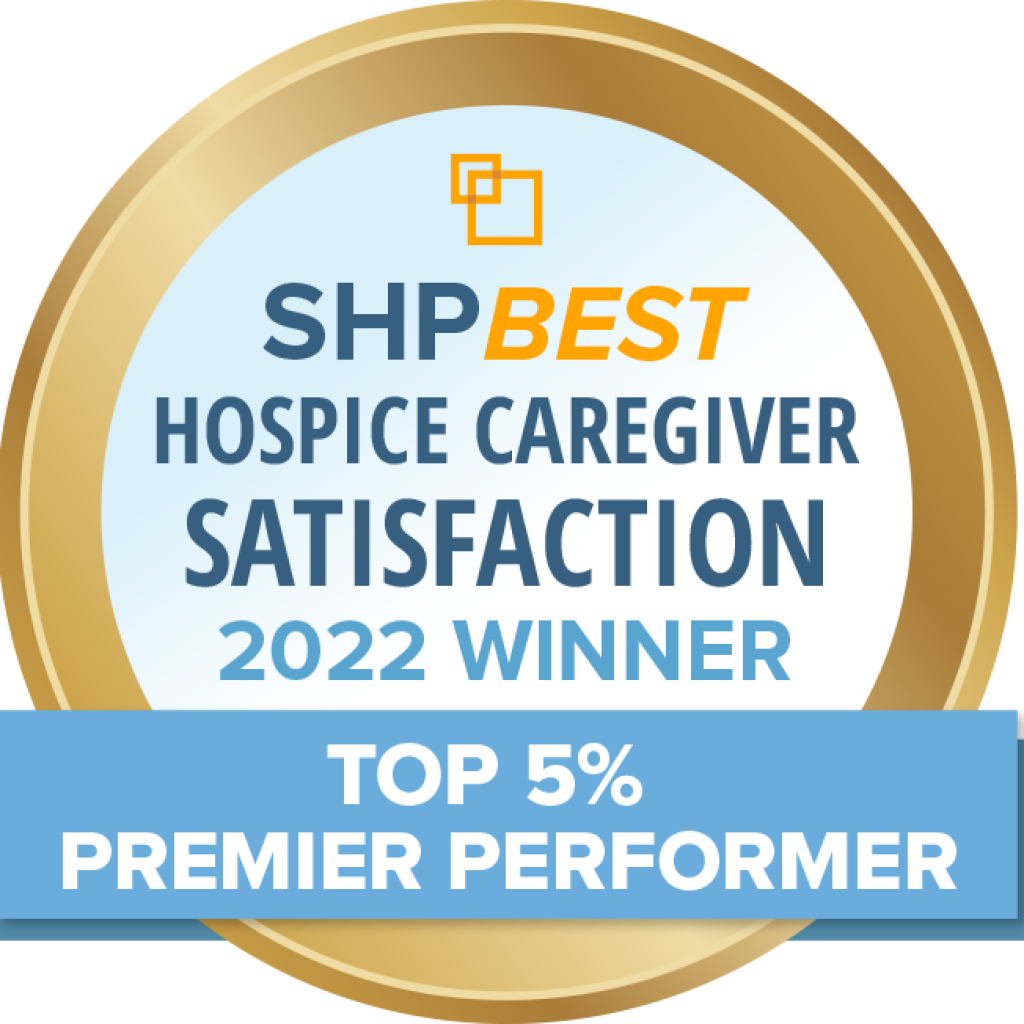When pain gets bad it can interfere with both one’s physical and mental health. It can affect one’s sleep and appetite thereby aggravating any other physical issues.
Pain is a signal that something is wrong and needs attention. It should be addressed at the onset of the first symptoms, when it is most likely to respond to medication or holistic treatment. The elderly may not voice their concerns about their pain with their homecare nurse or doctor because they assume that their health-care provider understands how they are feeling and that any hurt is “par for the course”. Communication is the key to the best pain management. Never keep pain to yourself.
Learning to Talk About Your Pain
There are many different types of pain, and knowing some words to describe how you are feeling to your doctor or home health care provider are important. It is helpful to write down how you are feeling and how the pain may be changing. Some key words are: sharp, aching, dull, shooting, pounding, burning, deep, constant, on-and-off. You can, also, help others understand by rating your pain on a scale of 0-10. It is also helpful to note whether your pain increases at certain times of the day or when your body is in specific positions. Continue to keep your home health nurse or doctor informed by writing down any descriptions or changes in pain throughout the day.
Drug Alternatives
The good news is that there are more options to alleviating pain than medication these days. More homeopathic remedies include relaxation techniques such as meditation, hypnosis and progressive muscle relaxation; warm compresses or massage to relieve stress. Acupuncture is another remedy in which tiny needles are inserted into the skin at specific points. According to some experts, acupuncture works by stimulating the body’s pain control system or by blocking the flow of pain. In extreme circumstances, Transcutaneous electrical nerve stimulation is used. A small battery powered box that can be worn with a belt clip sends a mild electrical current along the skin, locking pain sensations.
Consulting with your home care nurse, doctor or hospice organization is recommended before you change your medication or care plan. Remember that it is important to speak up about pain.



